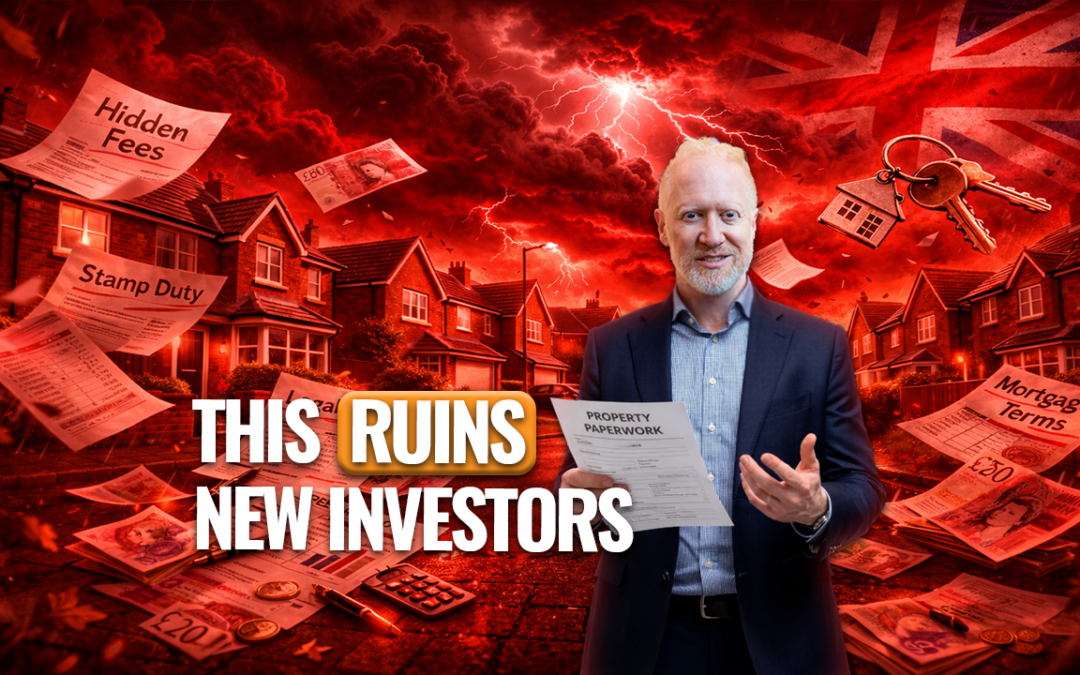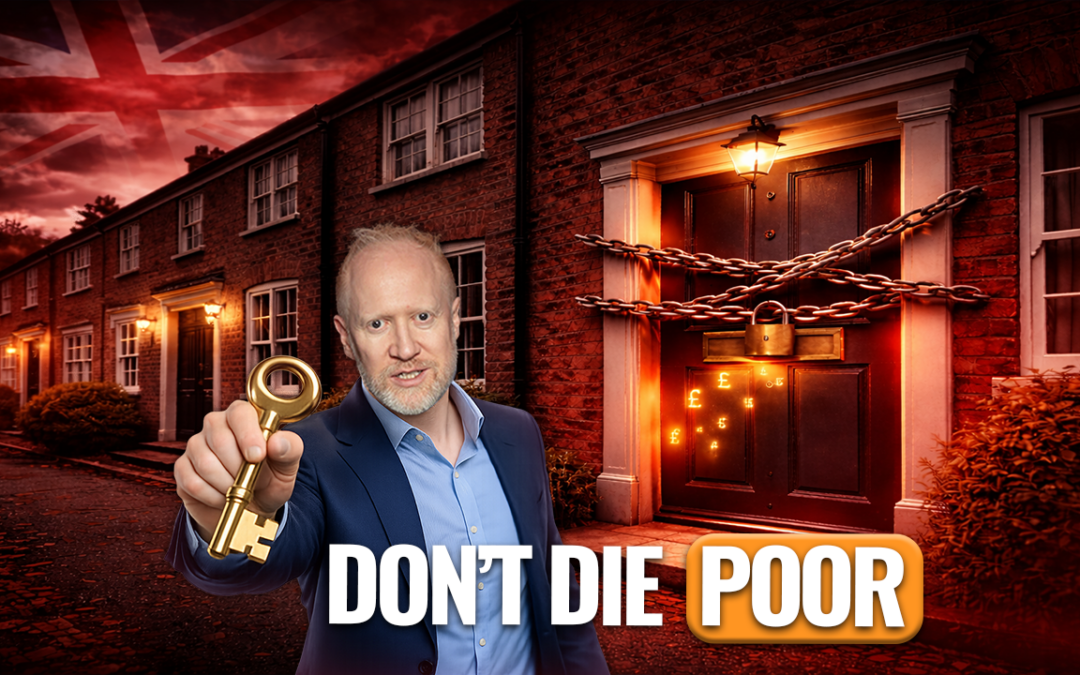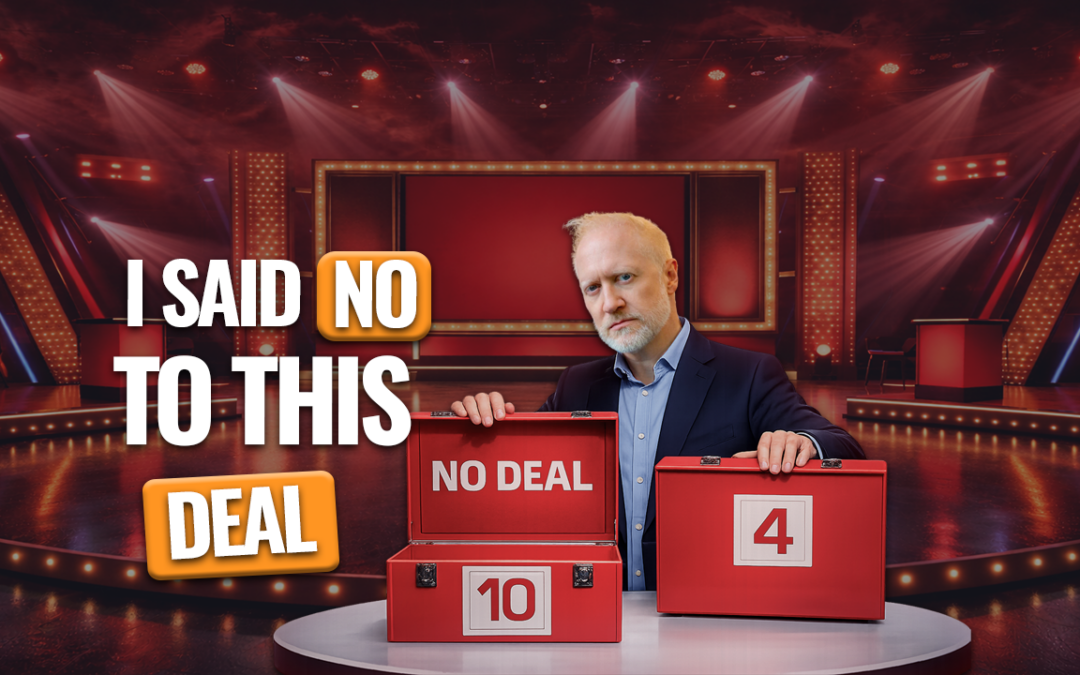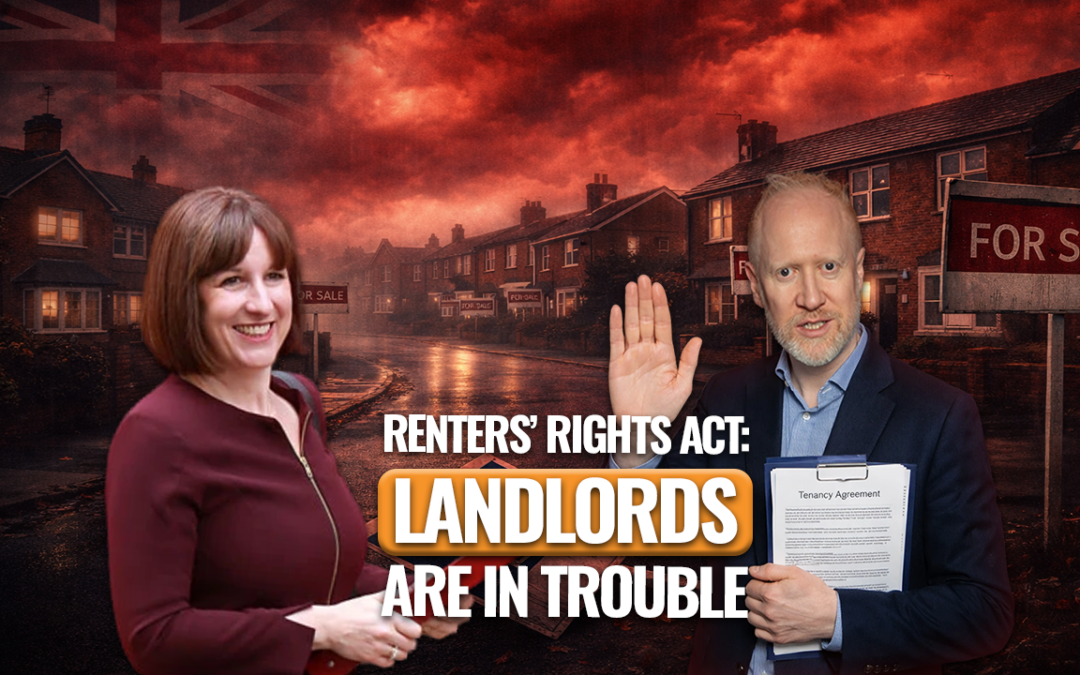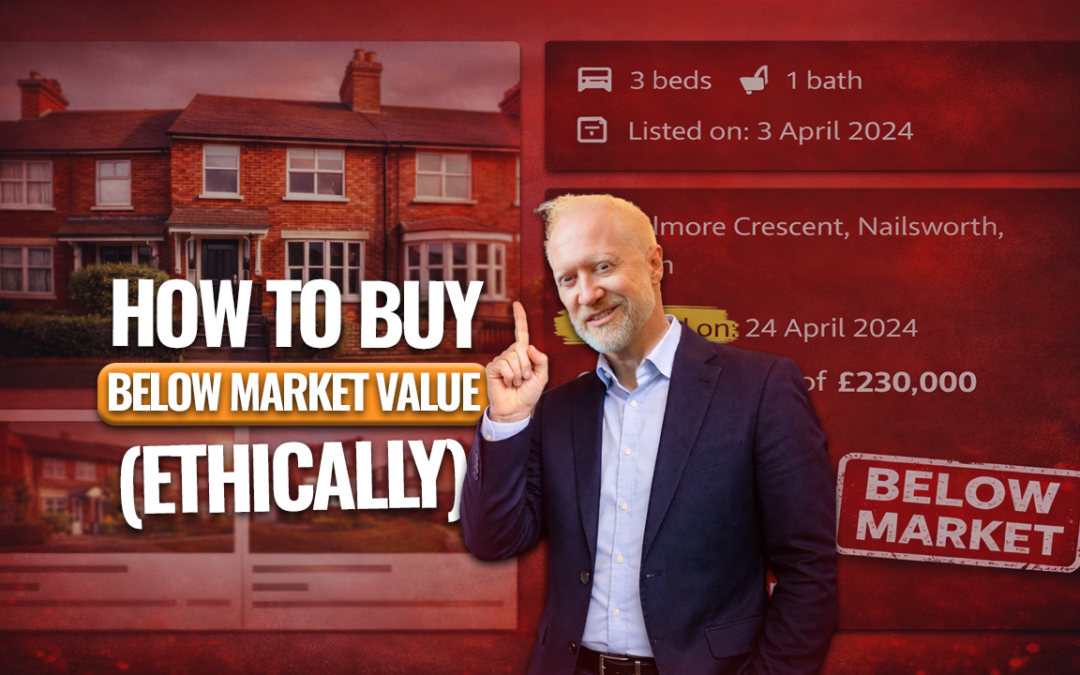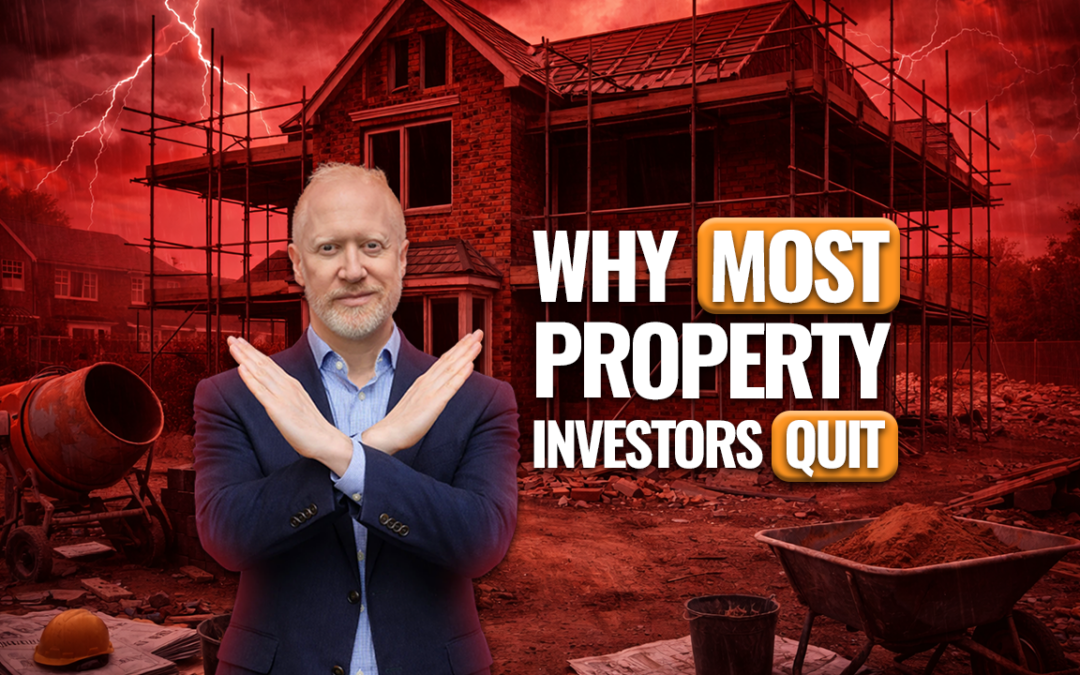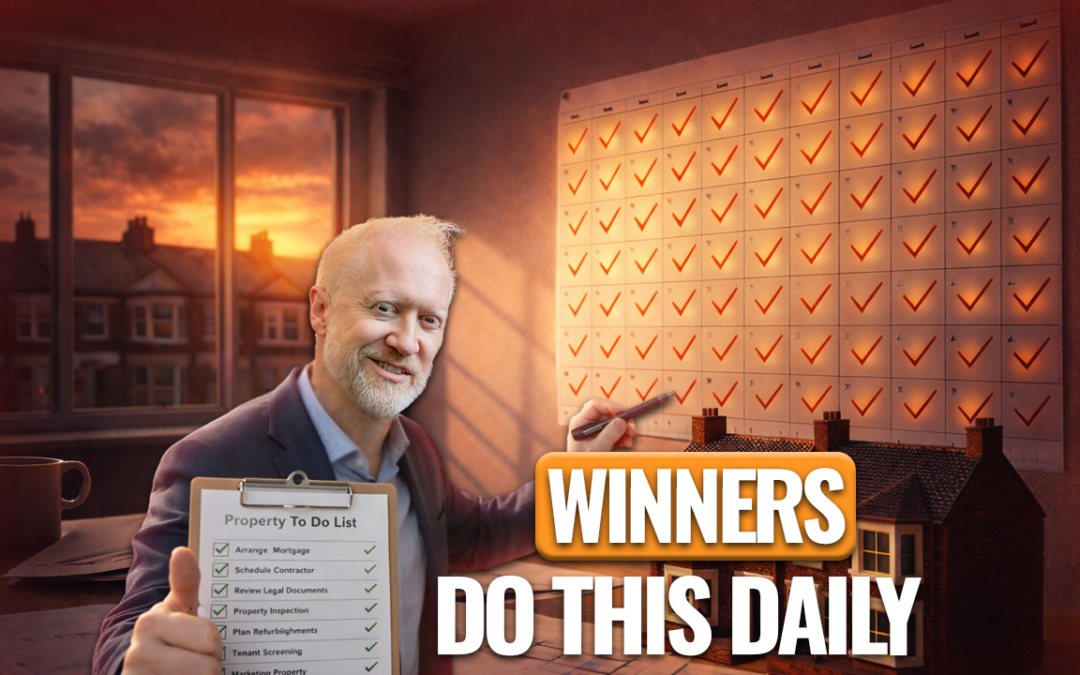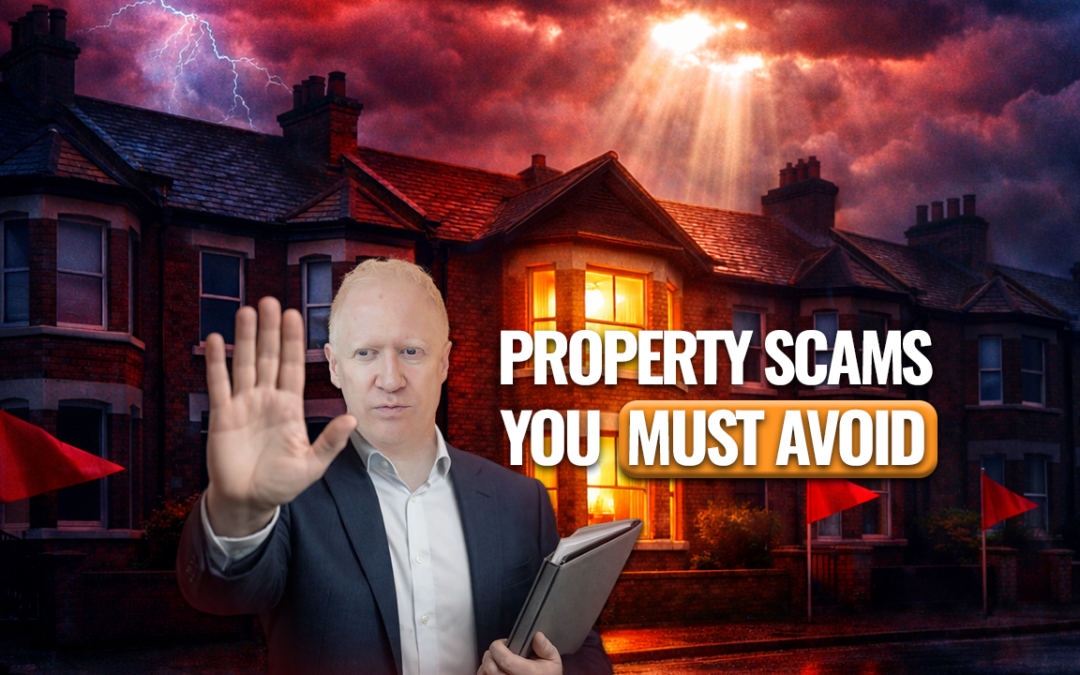How much money do I need to invest in property? Now, this is a question I’m often asked by people who want to start investing in property. And it’s a really important question, so I want to dedicate this particular blog to this question. When I started investing, I didn’t have any money at all. In fact, most people run out of money at some point. So most people believe you need to have lots of money to invest, but actually, when you know how to find great deals, I don’t believe you need any of your own money, but I’ll come to that later in this blog.
My Example – Investing in a £200,000 Property
I want to give you some fundamental training about property investing. Instead of the traditional way of property investing where you will absolutely need the money to invest, I will share alternative ways where you won’t need a lot.
Let’s look at a typical investment of say a £200,000 property, just to get the numbers really simple. There are many areas around the country where property costs a lot more than £200,000, and areas that cost a lot less, but let’s use it for the ease of numbers.
When you invest in property for a buy-to- let, this is not your own home. This is a property that you rent out to other people. The idea is you make profit, monthly cash flow. If you have enough rental properties, you can replace your income. This is what I was able to do in 2001, where I left my full time job at Cadbury’s as a senior manager, thanks to the income from my property.
So the idea is you buy a property, let’s say £200,000. You always would borrow other people’s money by getting a mortgage. Most banks in the UK will give you a 75% loan to value mortgage. That means they’ll give you 75% of the value, so if the property is worth £200,000, you buy for £200,000, they’ll give you 75% of that, which is £150,000 mortgage. You have to put in the deposit, in this case, £50,000. This is where many people get stuck.
“If I had to start again, having been investing for 26 years, I would learn Purchase Lease Options because it works with every other strategy.”
You might have lots of money you are able to use, due to several reasons. This could be because of business, a high paid job, inheritance or equity from your home. That’s how most people start in property.
They start buying properties, they put in a deposit, they then hold those properties for a period of time. As the value goes up, which tends to happen in the UK because we live on an island, with a limited supply of accommodation and an increasing population, the long term property prices tend to go up. They don’t always go up, it’s a cyclical market. They come up or they come down, but the long-term trend is up, so people buy a property. They hold it for a number of years. As the value of the property goes up and the rents go up, they then remortgage the property. So they increase the amount of borrowing to take out the initial deposit, to go and buy another property. And that’s how most people build their property portfolio. The problem is it can take a very long time. It’s a very slow process, and most of the people who I help, they want to build a portfolio quickly to replace their income.
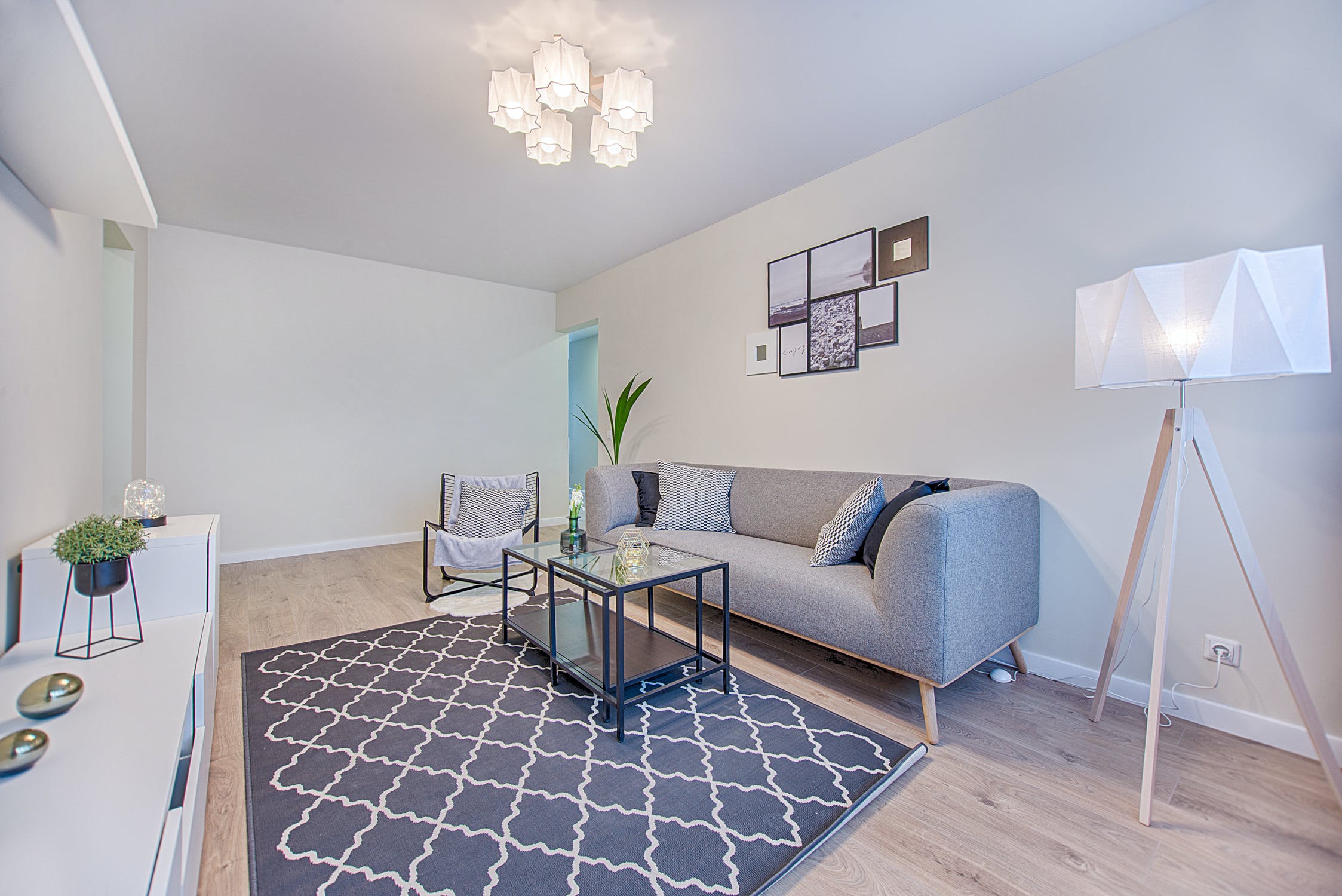
Property Investing Strategies You Should know
So how can you invest in property If you don’t have much money. Even if you have money, at some point you’ll run out. There are a number of strategies you can use where you don’t actually need much of your money at all. The first one is called Rent to Rent.
This is where you find a landlord. Who’s got a property that they’re struggling to rent for some reason. You come in and give a guaranteed rent to the owner. The idea being that you pay them less than what you could rent it out for. You then make a profit, a margin on renting the property out to someone else.
You might rent it out as a serviced accommodation or a house of multiple occupation. There are a number of different strategies you can use. A landlord would agree to this as they just want regular monthly payments. They could make more if they rented it out themselves but they don’t want the hassle. You are effectively managing the property for them.
It’s not a passive income, it’s hands-on for you, but it can work really, really well. It’s a strategy that many people start with just to put their toe in the water. If they like property, Rent to Rent is fantastic, but there’s a strategy that’s even better than Rent to Rent. This is called a purchase lease option.
“Once you have some skin in the game, there are ways of working with bridging companies and specialist lenders, who will recognise the equity that the owner is lending you as a deposit. This means you don’t have to put a lot of money in.”
Purchase Lease Option Agreements
This is a strategy which is very similar to Rent to Rent. You rent a property from an owner. You give them a guaranteed rent each month, you rent it out for more money. But the big difference is you also have the right to buy that property at some point in the future if you want. You set a price today, you rent it. You make income in the meantime, and in the future you could buy at the price you agreed, years ago.
So even if you agree to buy for the current full market value, the current full market value might well be discounted in the future if the value has gone up. It’s a very powerful strategy. Most people do not understand Purchase Lease Options. So actually there’s not actually that much competition, it’ll be well worth you learning. In fact, if I had to start again, having been investing for 26 years, I would learn Purchase Lease Options because it works with every other strategy.
Vendor Finance, Joint Ventures & Private Loans
There is also something called Vendor Finance, which funds your deals without using your own money. This is where you find someone who is selling a property. They want to sell, they want to get a full price, but they don’t really need the money from the sale. They don’t want to do an option. They want to get rid of the policy in their name so you could buy the property. There are various ways that you can use the equity in that property, where essentially, the owner is lending you the money. Now, just to be clear, you cannot do this with a traditional mortgage company because they want to see you put some money in there. Once you have some skin in the game, there are ways of working with bridging companies and specialist lenders, who will recognise the equity that the owner is lending you as a deposit. This means you don’t have to put a lot of money in.
You can also do what’s called a Joint Venture. You see, there are people who’ve got money, but they don’t have the time, the knowledge or the inclination to actually go and find property deals themselves. So if you become really good at finding great deals, because you get some training and education, you learn how to do that. You can then find people at network meetings, at other property events who’ve got the money, but don’t have the time or inclination. You got the deal. You come together, you bring the deal, you do the work. They put all of the money in and you have some sort of share of the cash flow and also the equity growth. Normally it’s a 50 / 50 share.

Even better than a Joint Venture is where you do a Private Loan. You might think, who on earth would lend money to me? Well they lend money to you because they’re getting hardly any money in the bank. People you know, friends, family are the best people to work with. When you know how to do this, you never have to ask people for money. You just let them know what you’re doing. See who might want to make some extra profit, more than they make in the bank. You’d be surprised at who actually has money. Most people don’t talk about the money they have. It’s not seen as etiquette to do that in the UK, but a lot of people have savings or inheritance. They might have money from selling shares, cryptocurrency or from a divorce, whatever. It’s doing nothing for them in the bank. You can actually help them. So similar to a Joint Venture, you find a great deal. They put the money in, but instead of them getting a share of profits, they just get a fixed return on their money. Eventually as the value’s gone up, you refinance it to pay their money back to them. Or maybe you make the money in some other way to pay them back.
Obviously when using other people’s money, you’ve got to be very careful. You’ve got to make sure you give it back to them. You want to work with people who you like and trust and who already know you.
There are a number of ways of finding good deals. Don’t think it has to be the traditional way of putting a 25% deposit in. At some point, like everyone else, you will run out of your own money. It happens to everyone. I have made many investments using my own money, other people’s money, alongside the combination of the two. So don’t be scared. Don’t think there’s anything wrong with using other people’s money. All of the successful investors I know, fund their deals this way.
Personally, I would not recommend you using credit cards or getting loans because after a period of time, the interest rates increase drastically.
I hope I’ve given you some hope and inspiration that you can absolutely invest in property without a lot of money.
I have prepared some extra training all about Purchase Lease Options, which is the most powerful tool you could use to control property and works with every other property strategy. You really do need to make sure you understand about this. This is why I’ve put this extra training together for you at no cost, and all you have to do is click on the link below this blog.

